AI Answer Evaluation Platform Live Now. Try Free Answer Evaluation Now
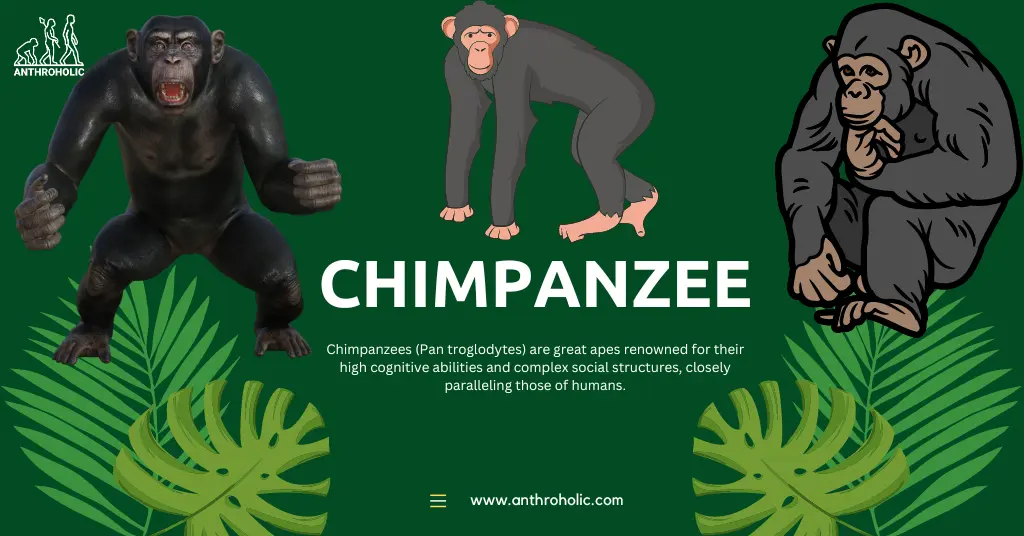
Chimpanzee
Chimpanzees (Pan troglodytes) are great apes renowned for their high cognitive abilities and complex social structures, closely paralleling those of humans
+91-7303290503, +91-9557169661 | MON to SUN 10:00 AM - 6:00 PM
Primatology is the scientific study of primates, including their biology, behavior, and evolution. This category covers topics such as primate anatomy, social structure, and communication, as well as the conservation of primate species and their habitats. From exploring the closest relatives of humans to understanding the complex social dynamics of primate societies, learn about the fascinating world of primates.

Chimpanzees (Pan troglodytes) are great apes renowned for their high cognitive abilities and complex social structures, closely paralleling those of humans
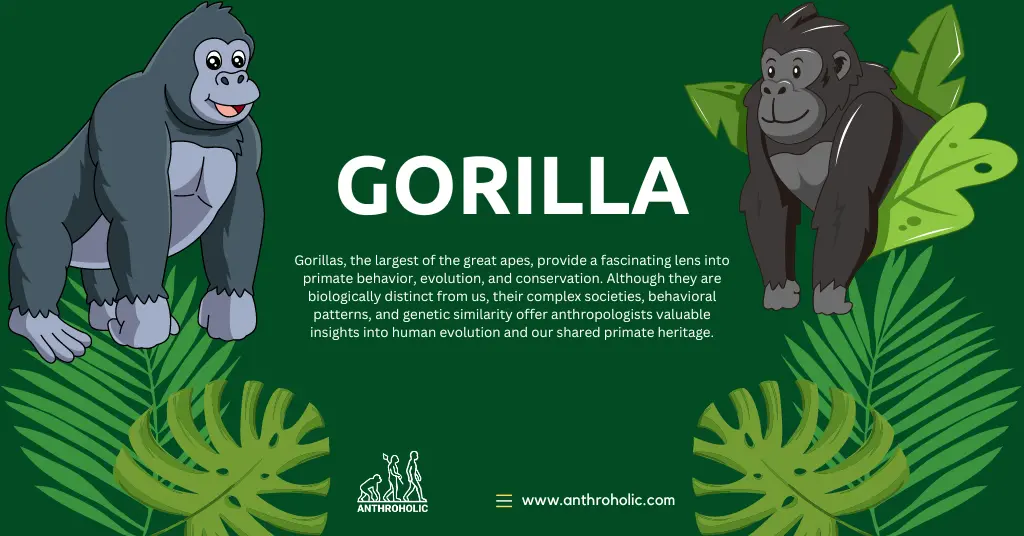
Gorillas, the largest of the great apes, provide a fascinating lens into primate behavior, evolution, and conservation. Although they are biologically distinct from us, their complex societies, behavioral patterns, and genetic similarity offer anthropologists valuable insights into human evolution and our shared primate heritage.
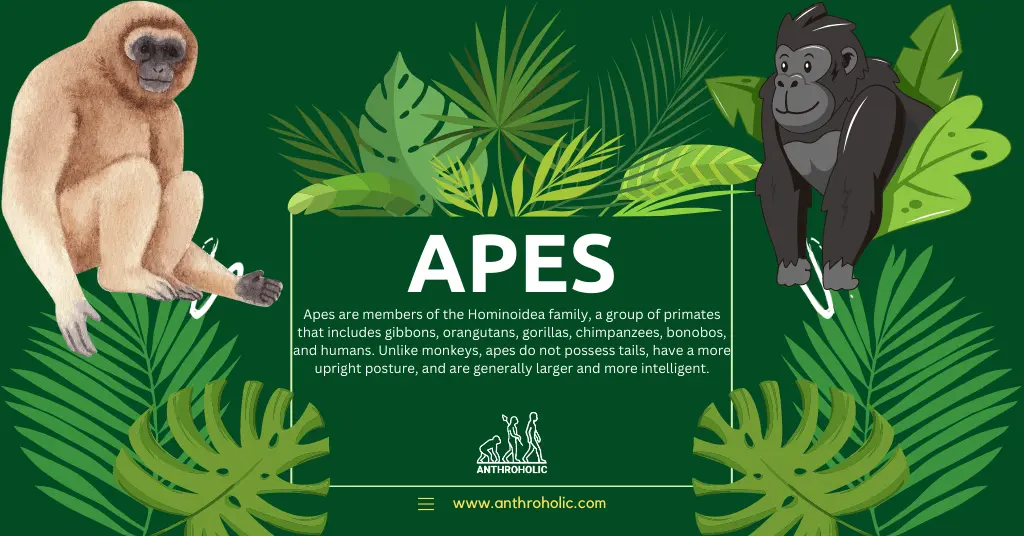
Apes are members of the Hominoidea family, a group of primates that includes gibbons, orangutans, gorillas, chimpanzees, bonobos, and humans. Unlike monkeys, apes do not possess tails, have a more upright posture, and are generally larger and more intelligent.
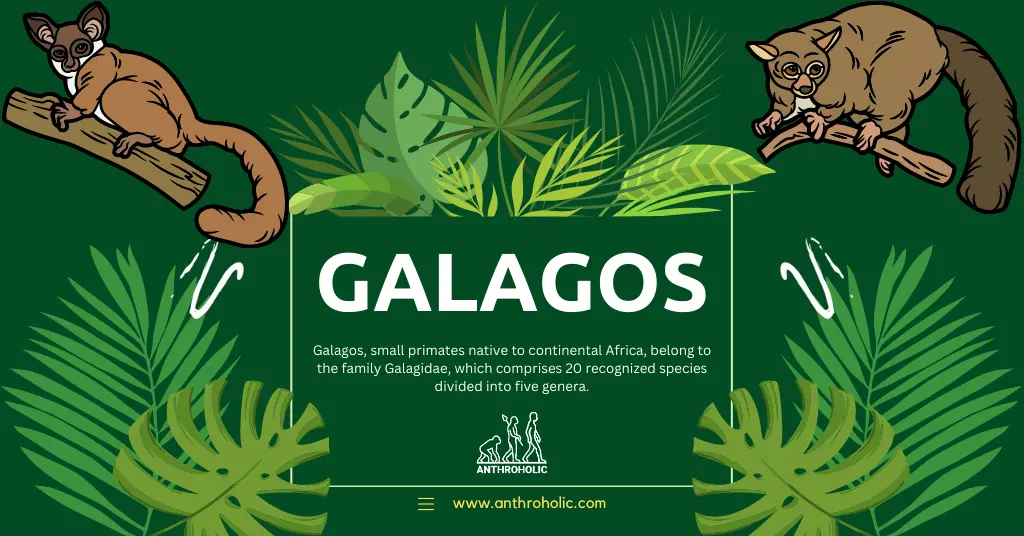
Galagos, small primates native to continental Africa, belong to the family Galagidae, which comprises 20 recognized species divided into five genera.
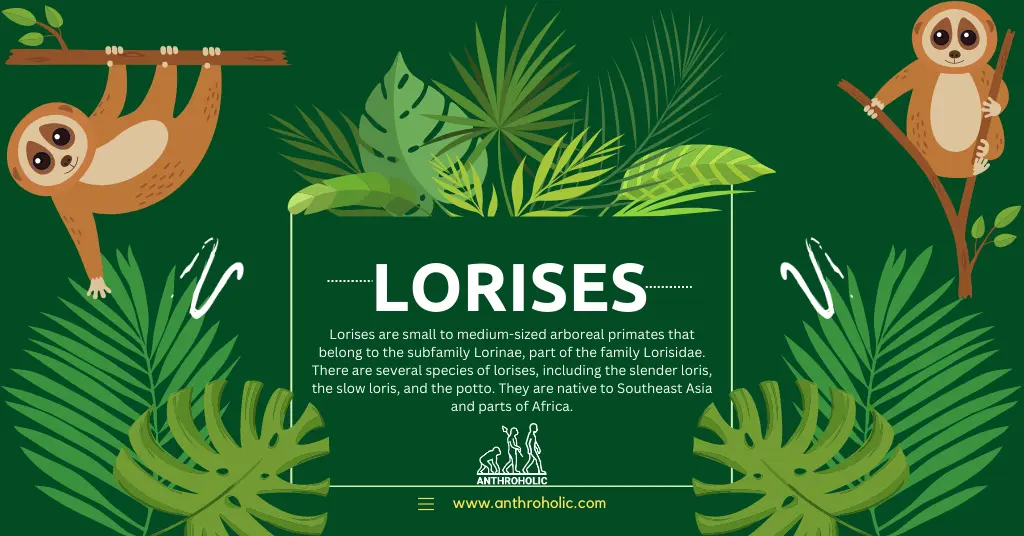
Lorises are small to medium-sized arboreal primates that belong to the subfamily Lorinae, part of the family Lorisidae. There are several species of lorises, including the slender loris, the slow loris, and the potto. They are native to Southeast Asia and parts of Africa.
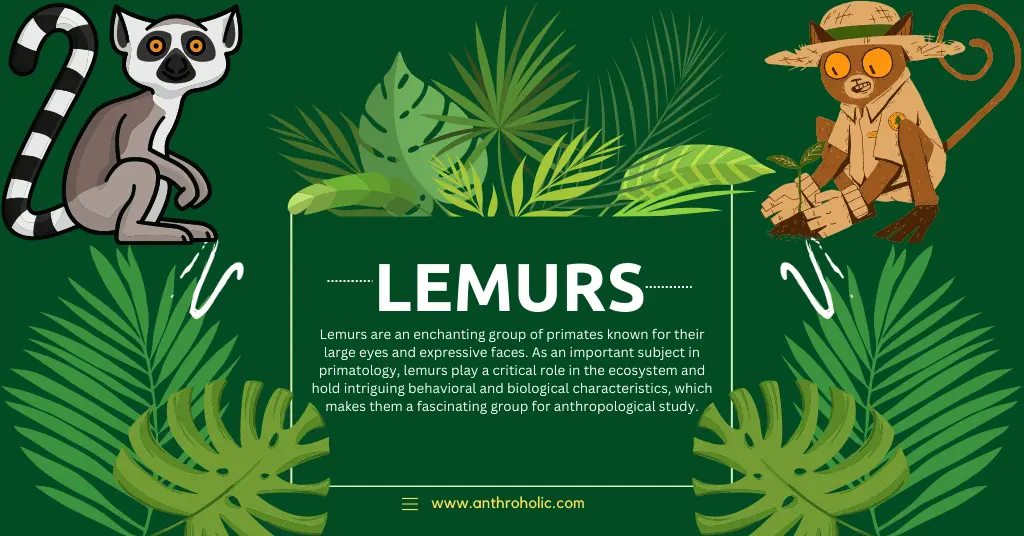
Lemurs are an enchanting group of primates known for their large eyes and expressive faces. As an important subject in primatology, lemurs play a critical role in the ecosystem and hold intriguing behavioral and biological characteristics
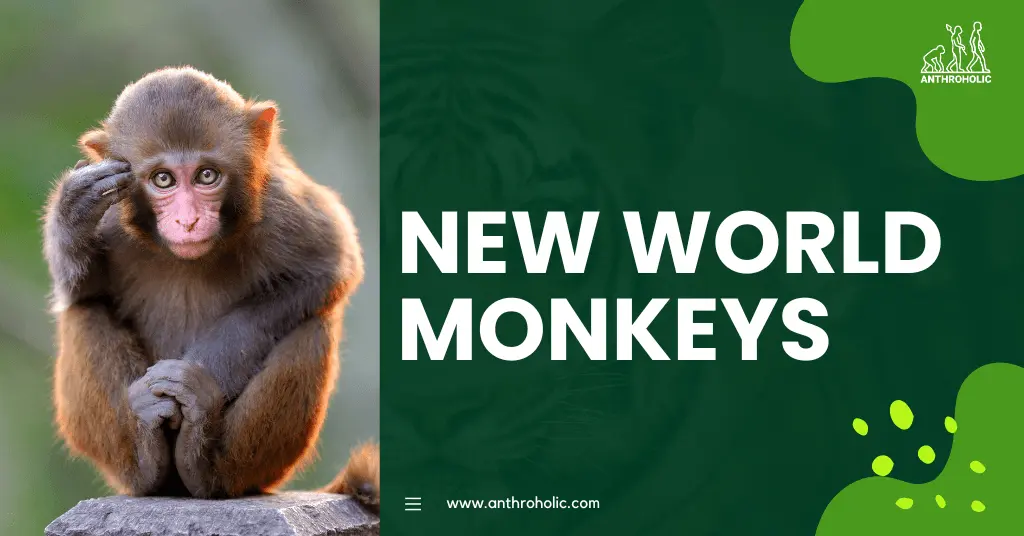
New World Monkeys, also known as Platyrrhines, encompass a broad array of monkey species found predominantly in Central and South America. They make up an integral part of our understanding of primatology.
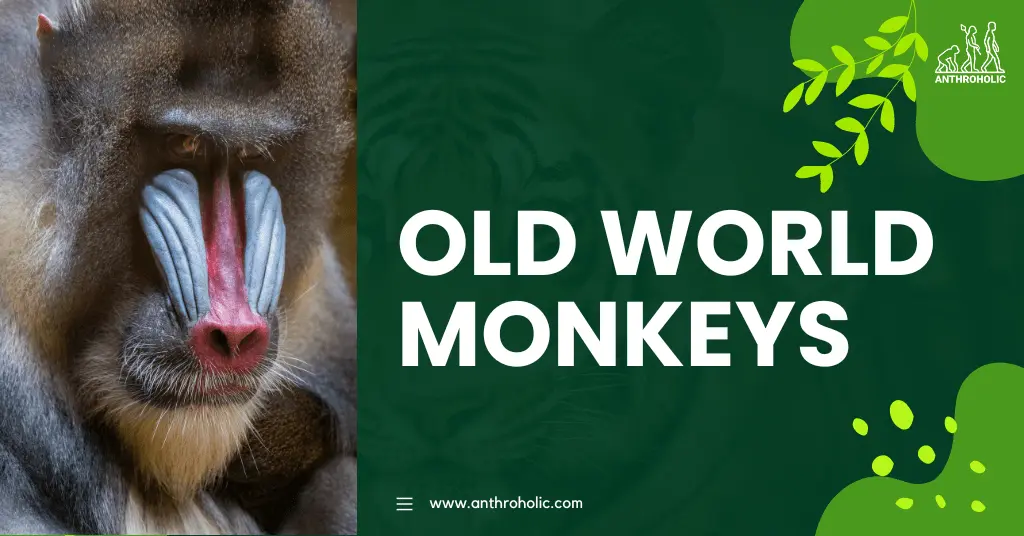
Old World monkeys, scientifically known as Cercopithecidae, are a large and diverse family of primates that hail from Africa, Asia, and Europe. They are referred to as "Old World" monkeys because they are native to the parts of the world that are known historically as the "Old World."
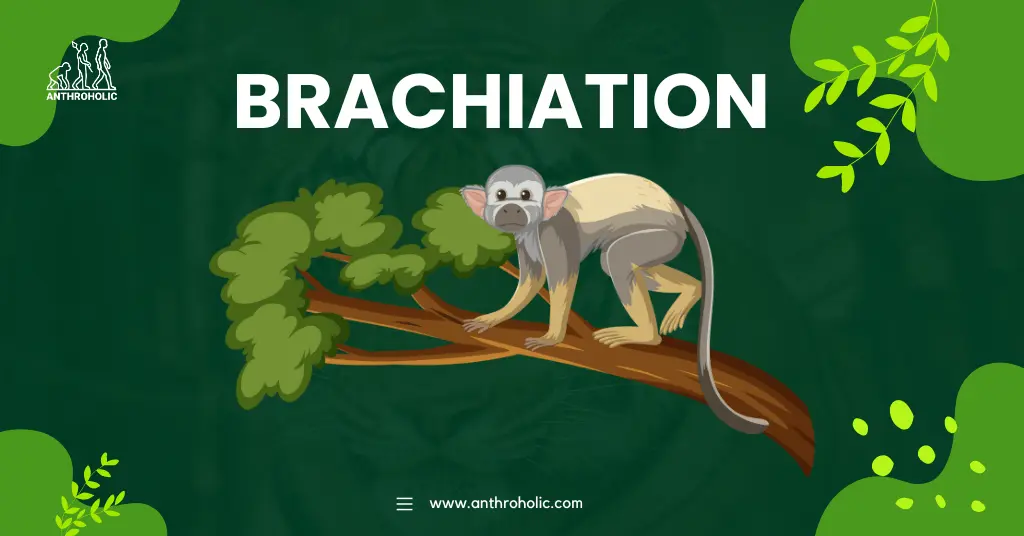
Brachiation, derived from the Latin 'brachium' for arm, is a specific form of locomotion characterized by swinging from one handhold to another. It's commonly associated with certain primates, notably gibbons and siamangs.
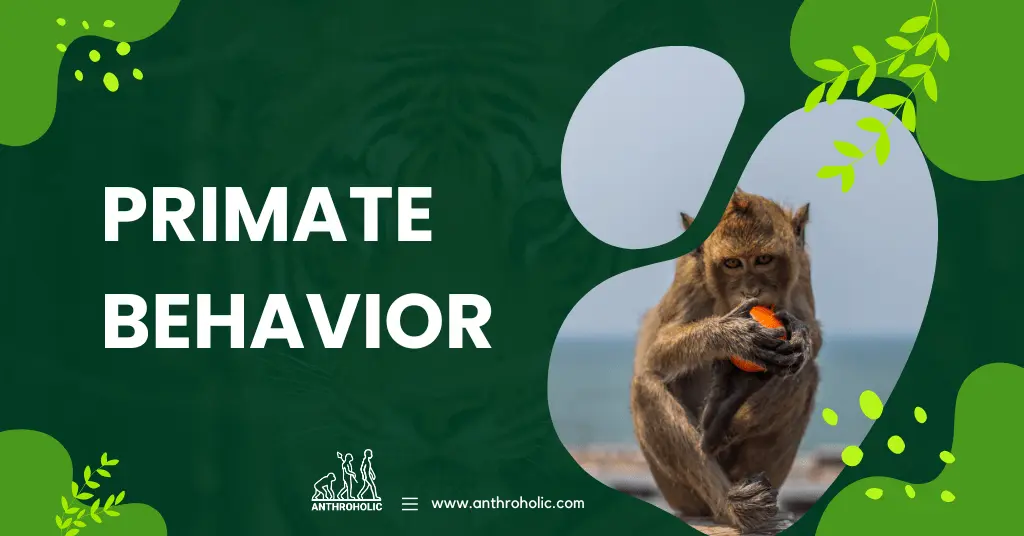
Studying primate behaviour provides an anthropological mirror into our evolutionary roots, revealing insights into human social, cognitive, and cultural phenomena.
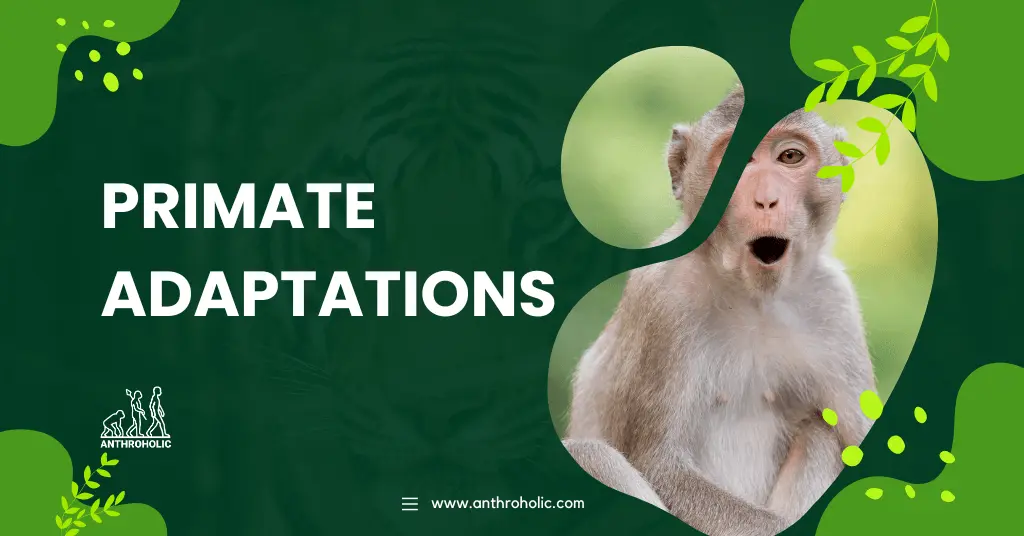
The adaptive strategies employed by different primate species, particularly in arboreal and terrestrial environments, are of critical interest.
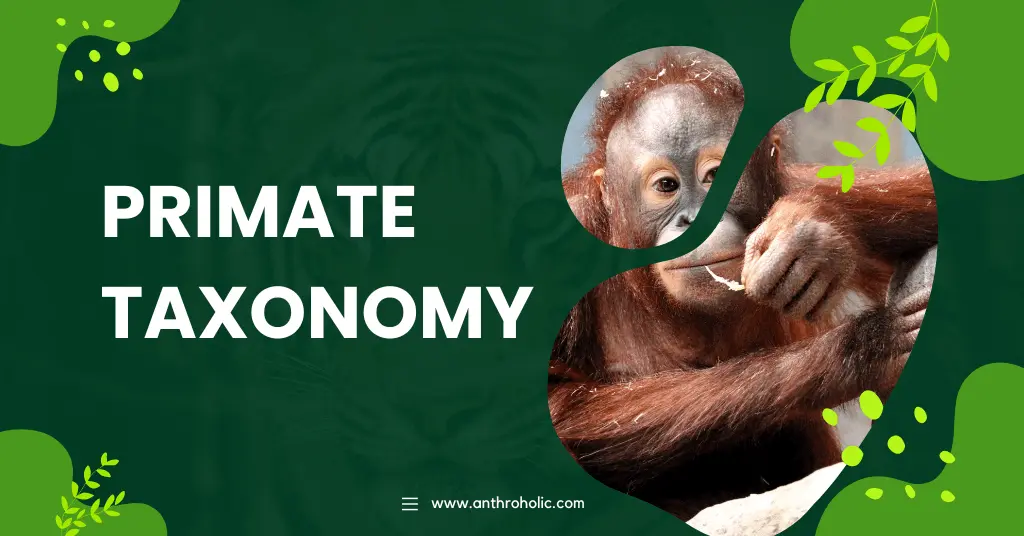
Dive into the intricate world of primate taxonomy and unravel the evolutionary relationships among our diverse and intelligent relatives, from lemurs and monkeys to apes and humans.